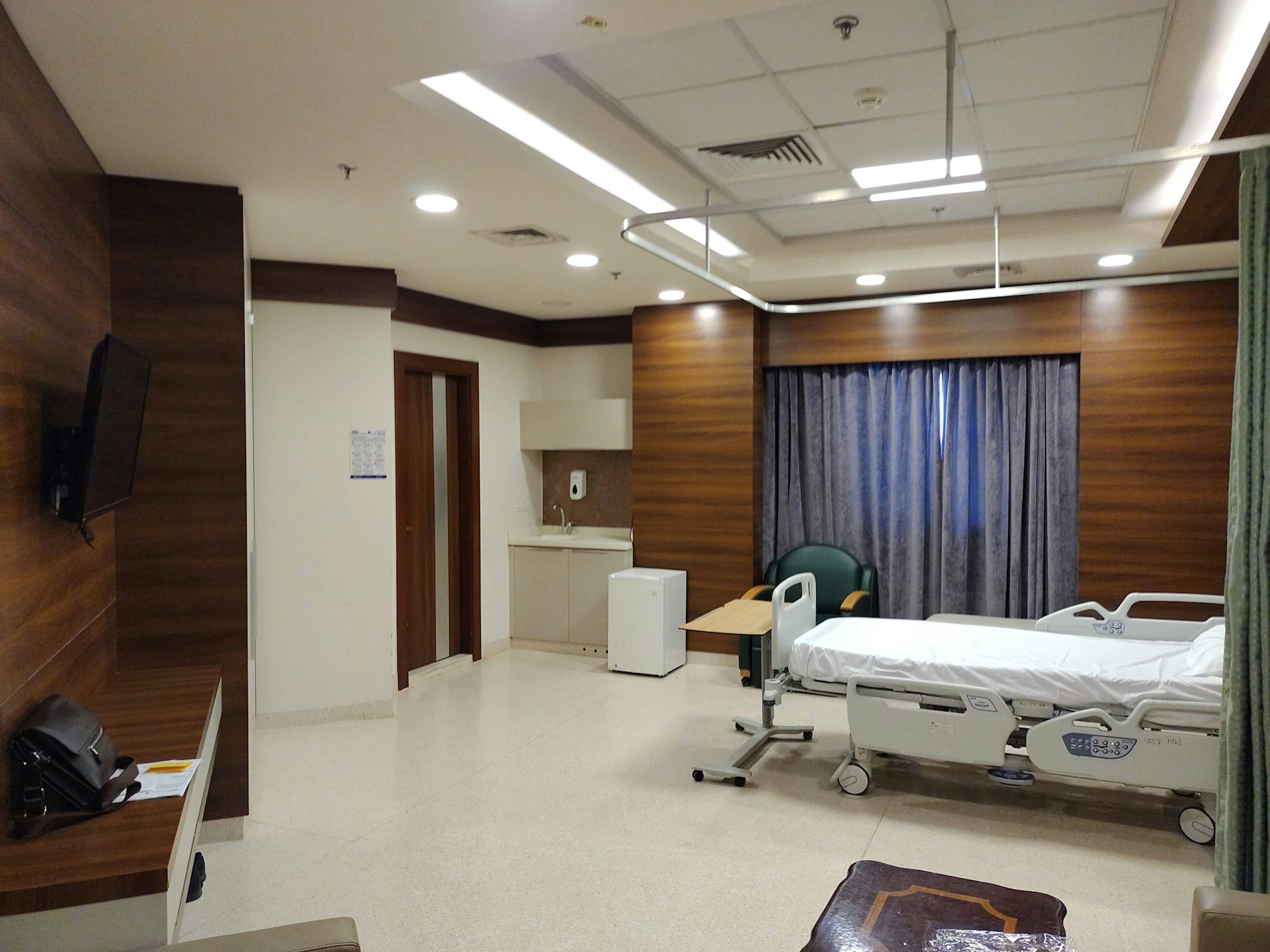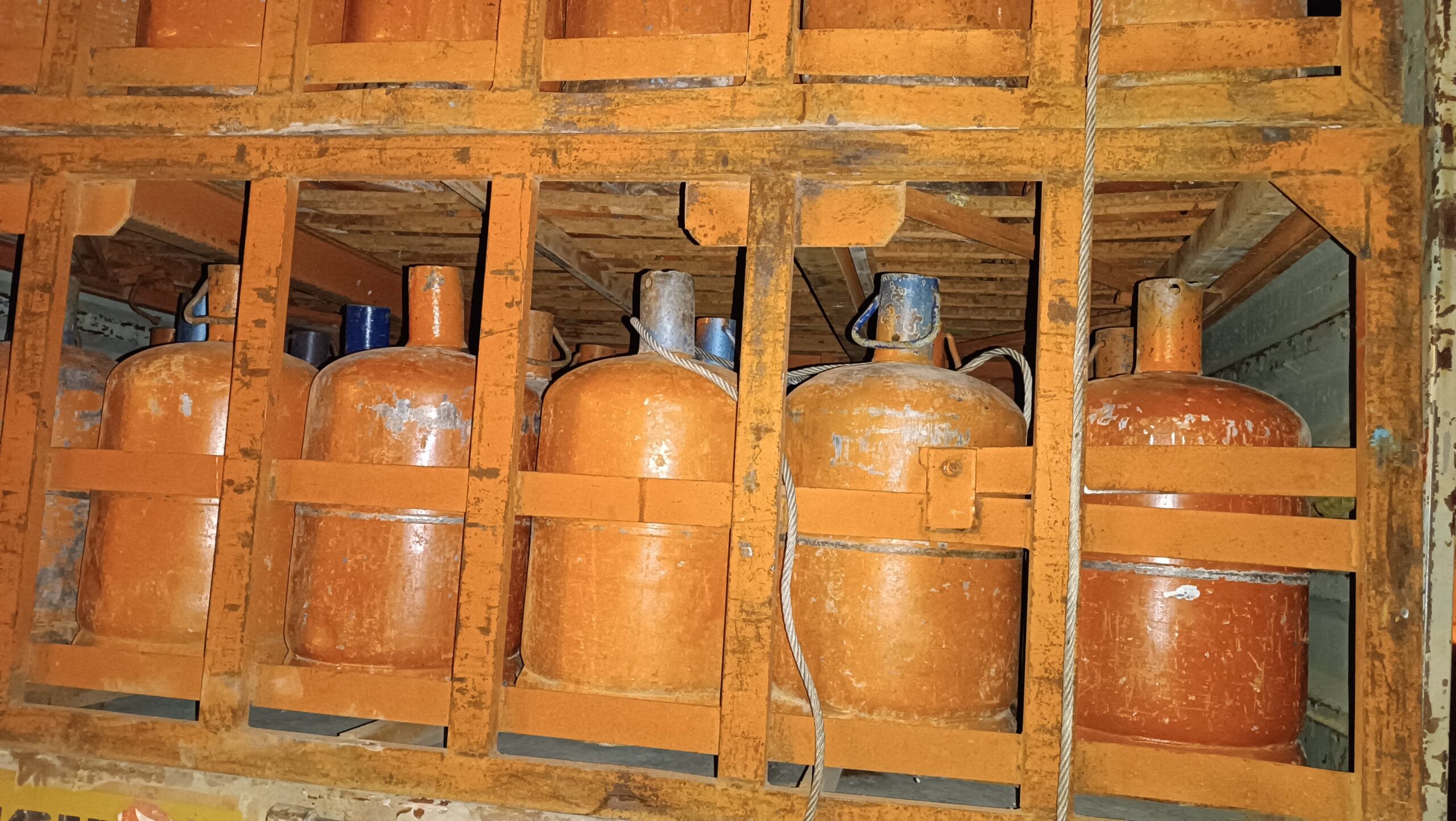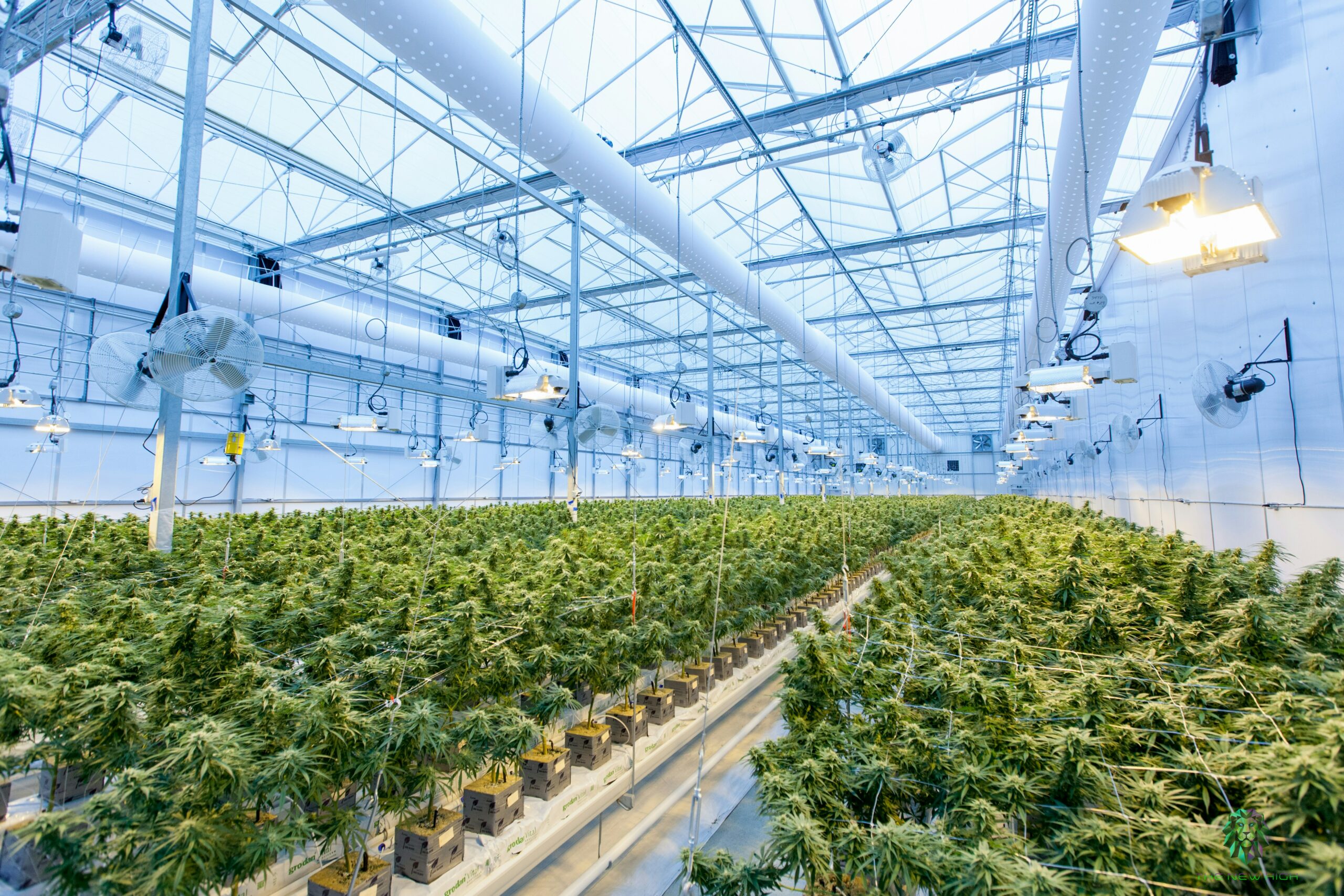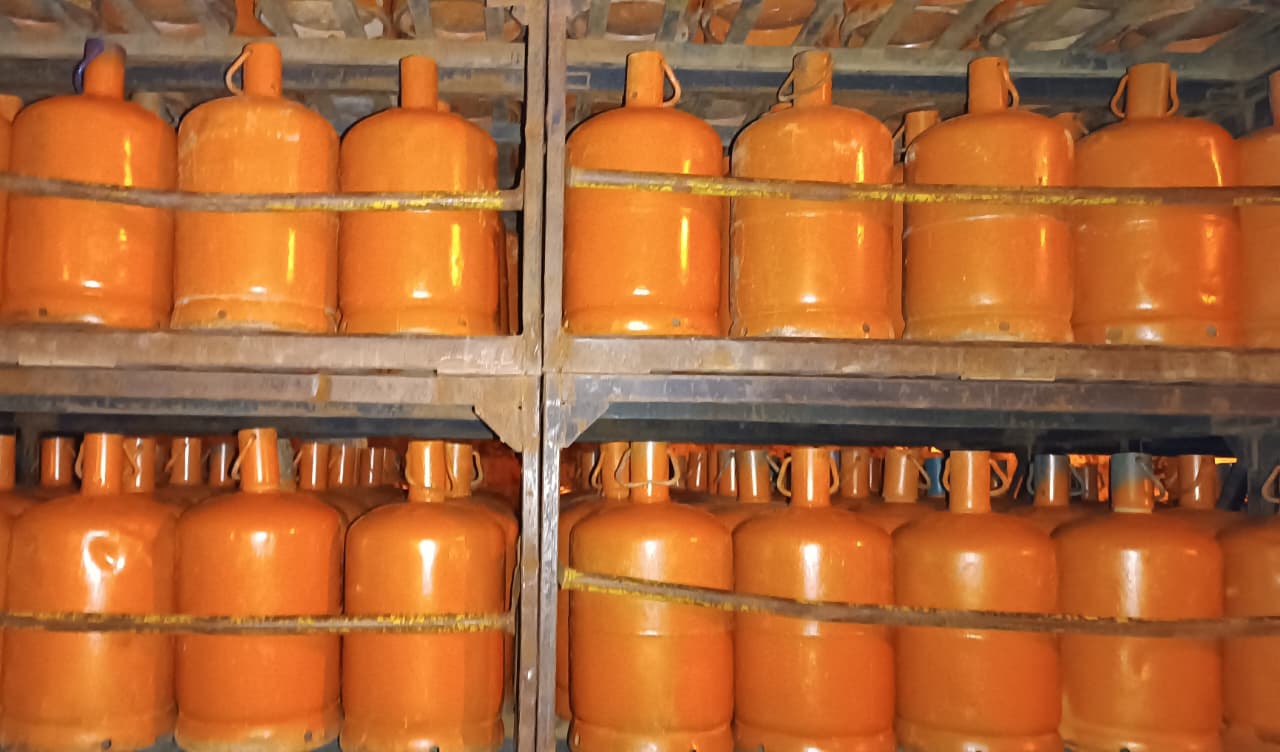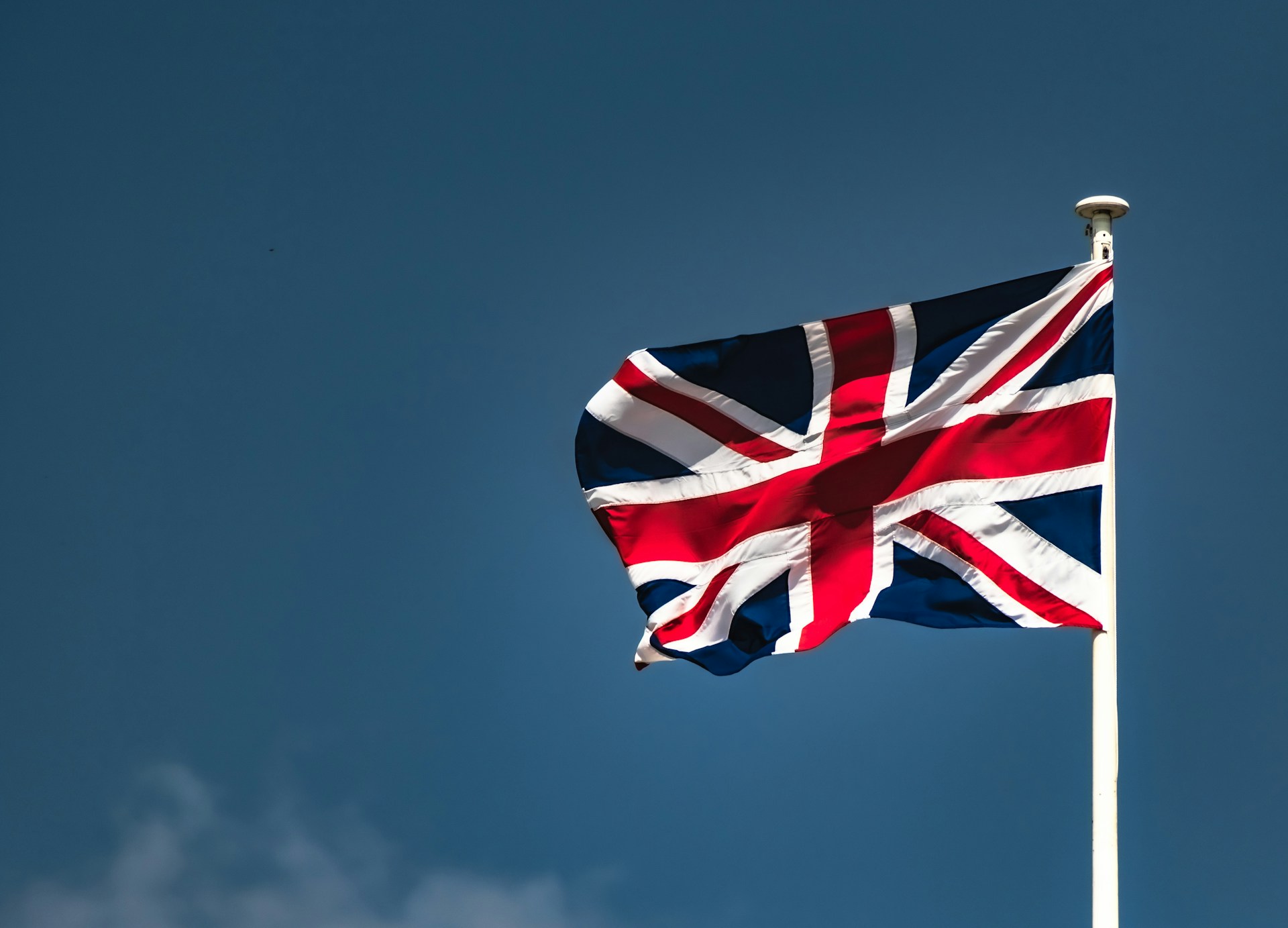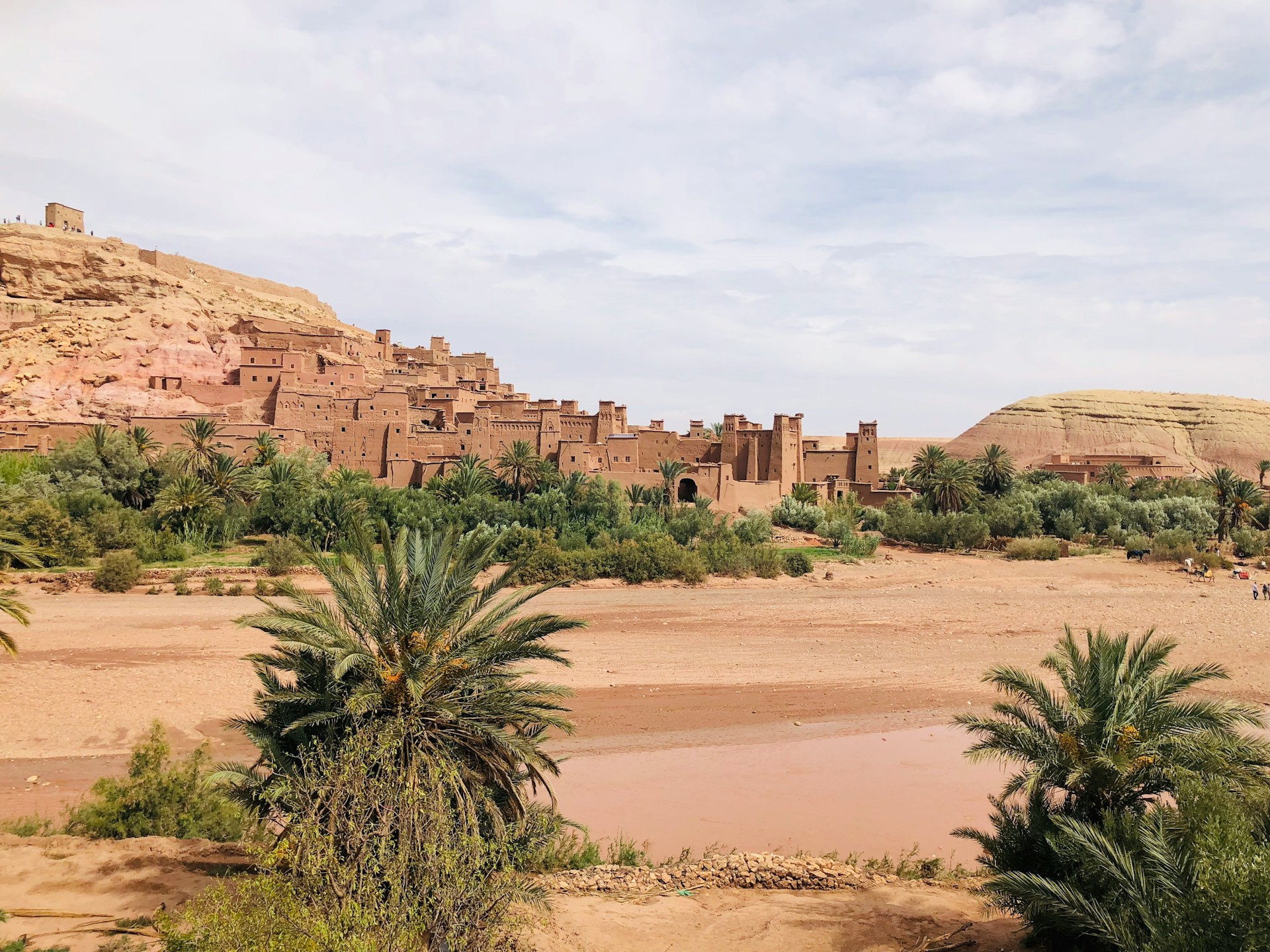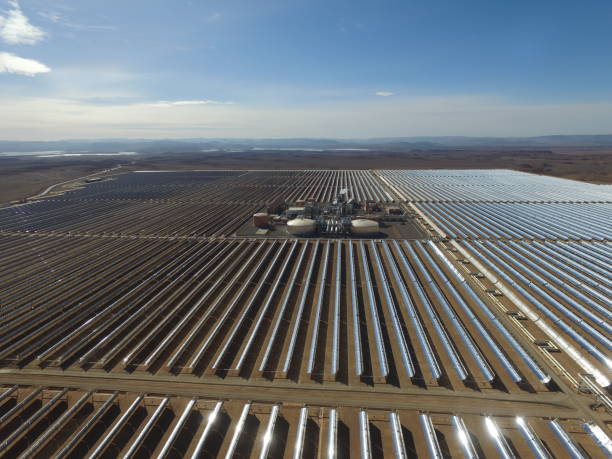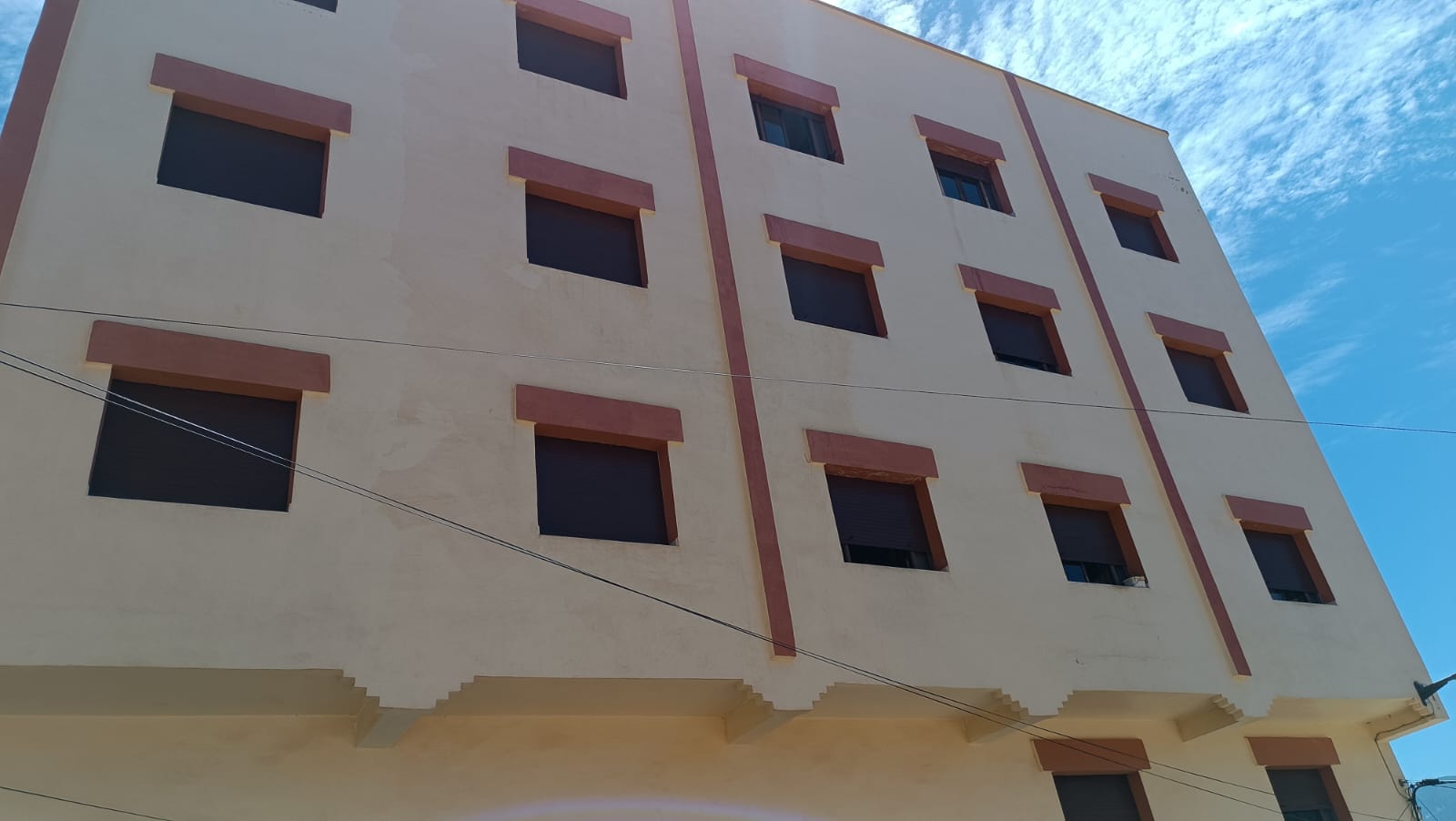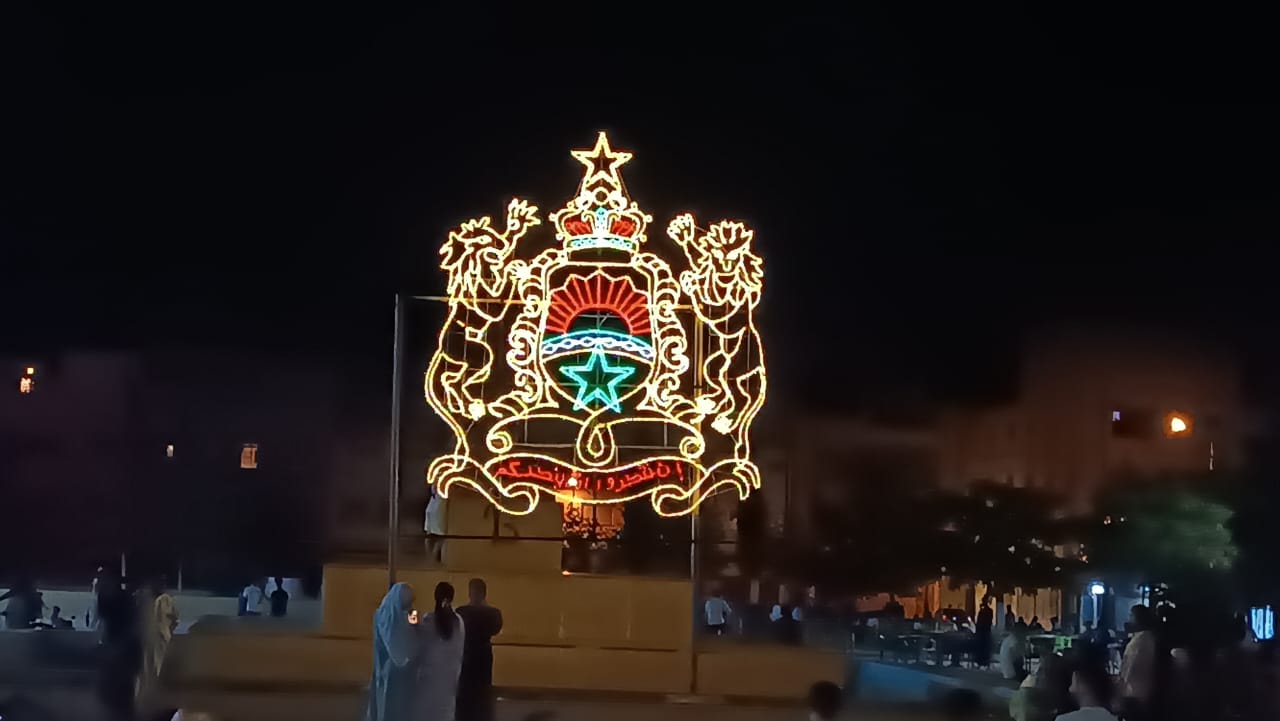Casablanca – Morocco has recorded a major leap forward in its social protection reforms, achieving milestones in universal health coverage and direct social assistance that are reshaping the country’s welfare landscape. According to the latest government and institutional data, more than 24 million people are now covered by health insurance, a threefold increase compared with 2021, when the number of beneficiaries stood at just 8 million. The expansion reflects the implementation of a comprehensive social protection strategy launched under the guidance of King Mohammed VI, aimed at reducing inequality and strengthening social solidarity.
At a recent meeting of the ministerial commission overseeing the reform of the social protection system, officials presented an updated assessment of the key programs driving this transformation. The meeting, chaired by the head of government in Rabat, reviewed the progress of several initiatives, including the rollout of mandatory health insurance, the enrollment of citizens in national population and social registers, and the disbursement of direct cash assistance to vulnerable families.
A historic expansion of health coverage
The most striking achievement has been the rapid extension of compulsory health insurance managed by the National Social Security Fund (CNSS). Over the period from 2021 to the end of 2024, the number of people benefiting from various health insurance schemes—covering employees, self-employed workers, and vulnerable households—rose from around 8.6 million to 24.3 million. This expansion includes the “AMO-Tadamon” regime, which targets low-income households. Government figures indicate that around 4 million families, representing roughly 11 million individuals, are now enrolled in this program alone.
The increase in coverage has already had a tangible impact on Moroccan households, particularly for those with limited income. By reducing out-of-pocket expenses for medical treatment and guaranteeing access to essential health services, the reforms are easing financial burdens and improving equity between urban and rural regions. Officials emphasized that the government remains committed to addressing challenges such as the sustainability of funding and the timely collection of contributions to ensure the long-term viability of the system.
Progress in social assistance and direct aid
Beyond health coverage, Morocco’s social protection strategy includes a robust program of direct financial support for families in need. Since its launch in December 2023, the direct social assistance scheme has reached about 4 million families, including an estimated 5.5 million children and more than 1.3 million elderly people. These transfers are designed to combat poverty, enhance access to education, and strengthen the resilience of vulnerable households.
Government reports show that a total of around $4.18 billion has been distributed in direct aid up to the end of August 2025. Notably, about 60 percent of the beneficiary families live in rural areas, highlighting the program’s role in bridging regional disparities. The government has also introduced an exceptional supplementary grant to ease the costs of the school year, benefiting more than 1.8 million families and supporting the schooling of approximately 3.2 million students.
Building a sustainable framework
The government’s social protection reforms are anchored in the creation of two critical databases: the National Population Register (RNP) and the Unified Social Register (RSU). These systems serve as the backbone for identifying and targeting beneficiaries. As of mid-September 2025, the RNP had registered 22.5 million individuals, while 5.3 million families were listed in the RSU. This digital infrastructure allows for more efficient allocation of resources and minimizes the risk of overlap or exclusion.
In addition to health coverage and direct cash transfers, Morocco has also launched a pension scheme for self-employed and non-salaried workers, ensuring broader social security for previously uncovered categories. This program has already enabled 4.28 million people, including contributors and their dependents, to access medical coverage and future retirement benefits.
A model for social equity
Officials and observers view these achievements as a decisive step toward a more inclusive and equitable society. By combining universal health insurance, targeted financial aid, and long-term pension schemes, Morocco is creating a comprehensive safety net that supports families across income levels and geographic regions. The reforms not only reduce poverty but also promote economic stability by protecting households from the financial shocks of illness, unemployment, or old age.
Looking ahead, the government acknowledges that sustaining this ambitious program will require continued investment and effective management of contributions to the health insurance system. However, the rapid progress made since 2021 demonstrates a clear commitment to building a durable social welfare framework. With millions of Moroccans now benefiting from improved access to healthcare and financial assistance, the country is positioning itself as a regional leader in social protection and inclusive development.






